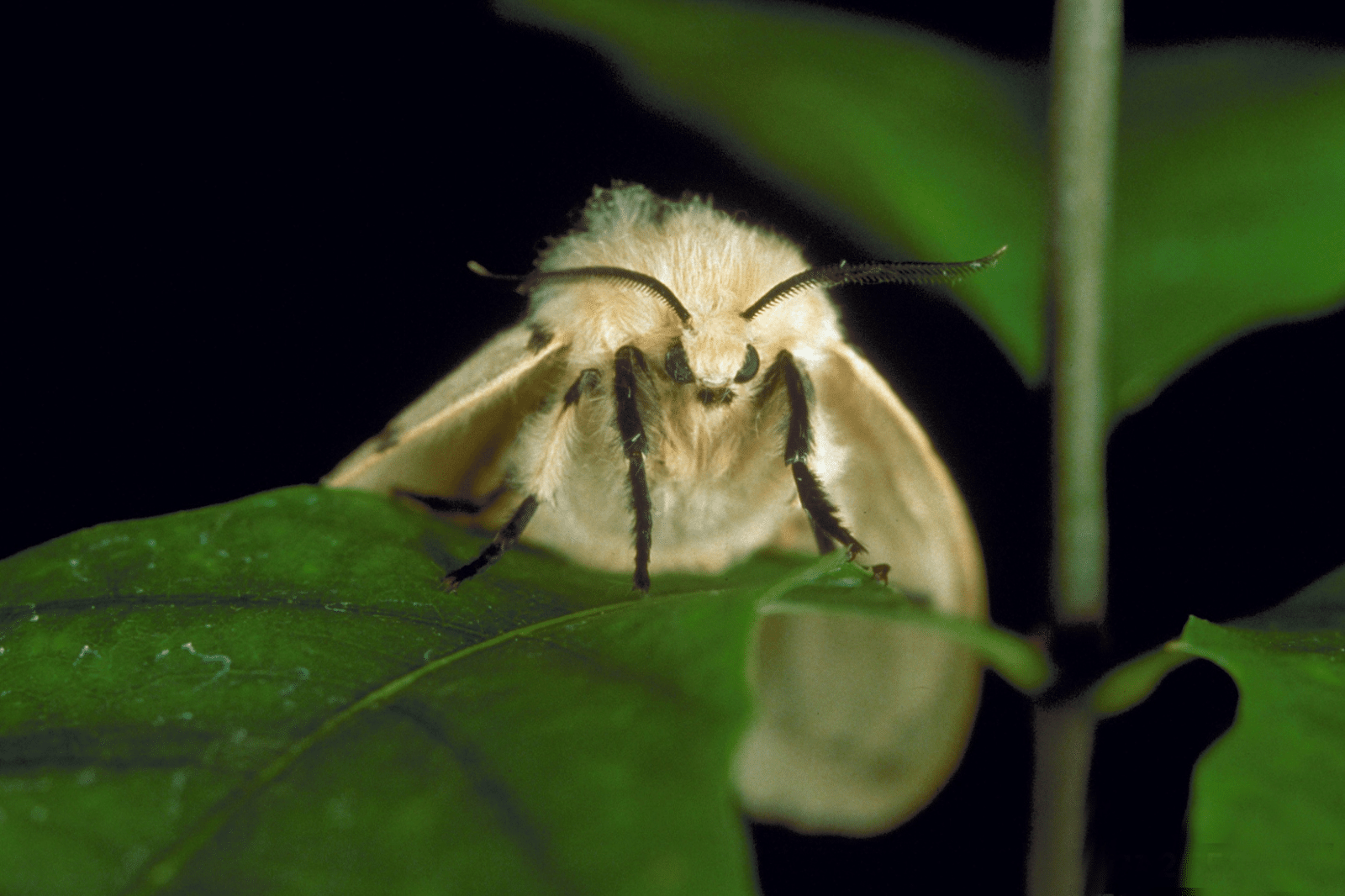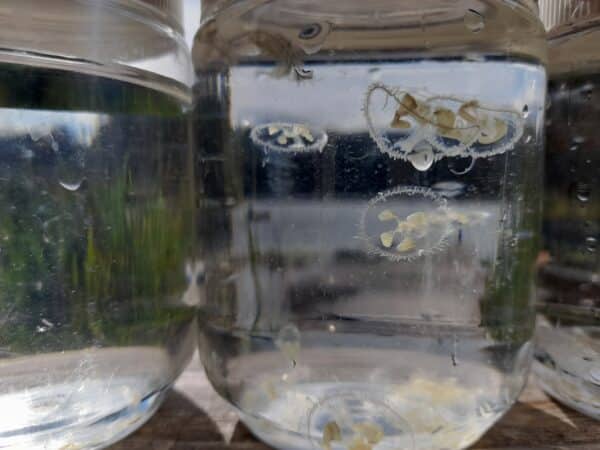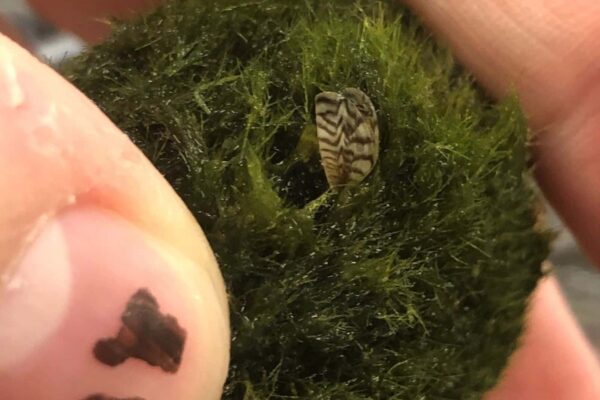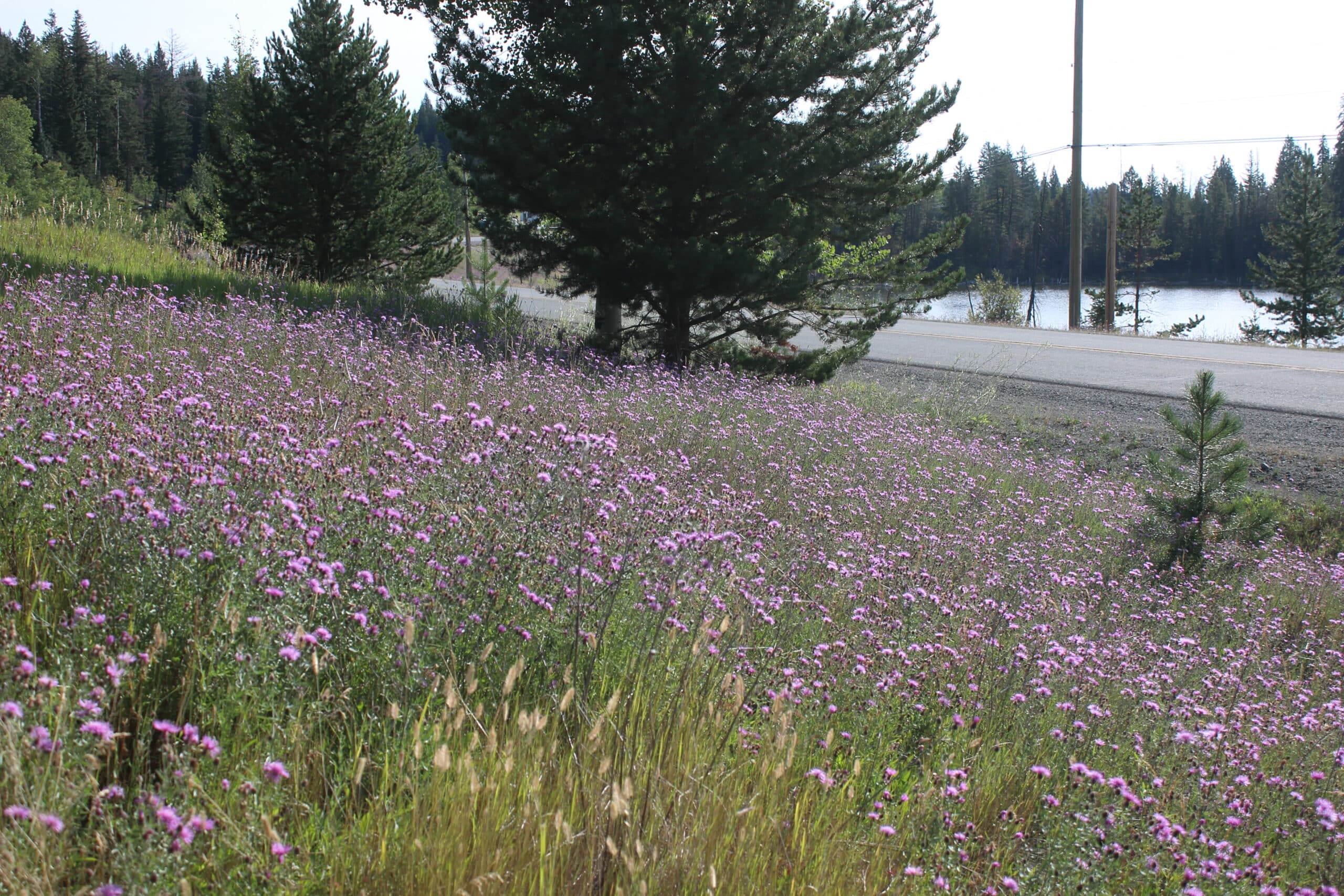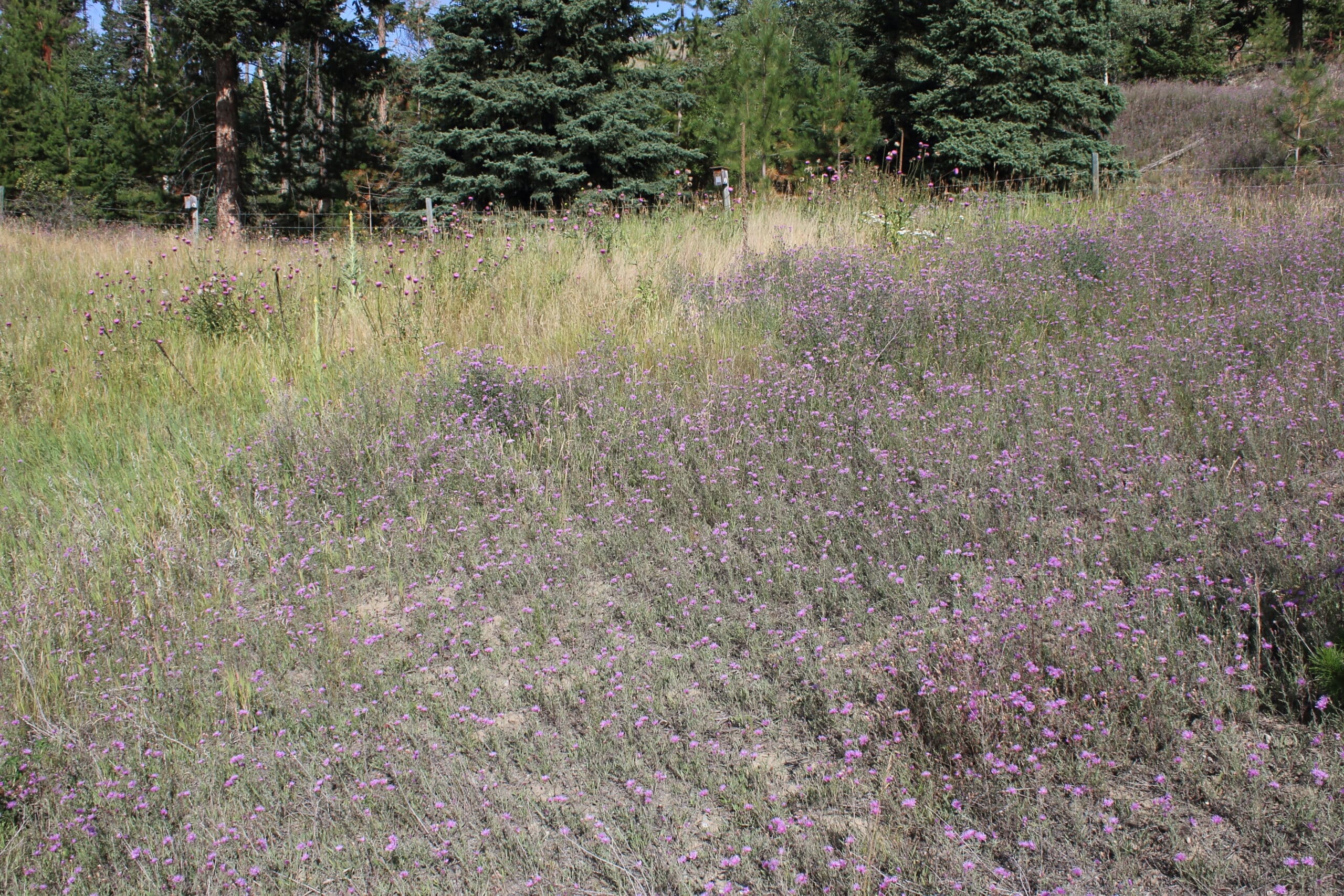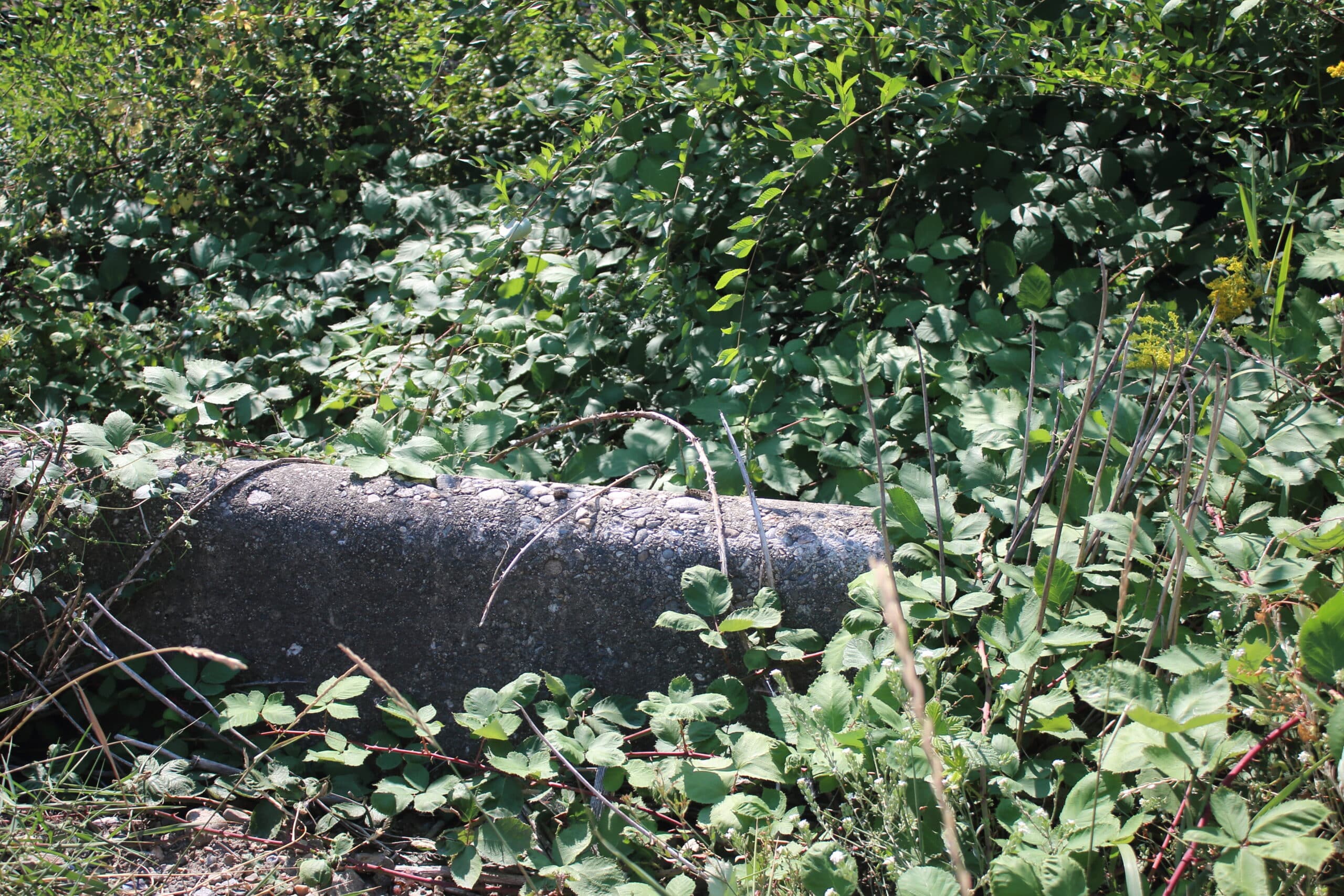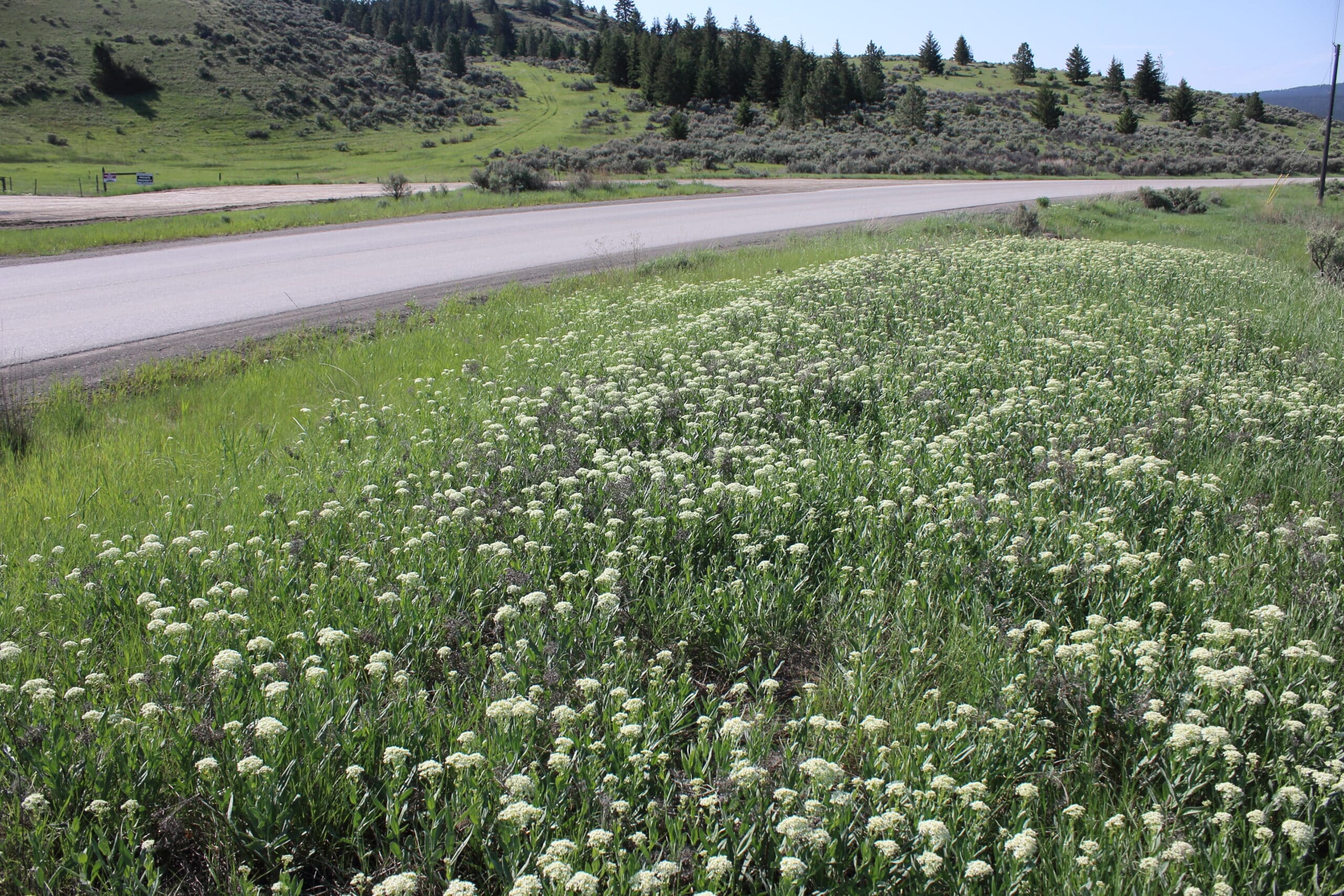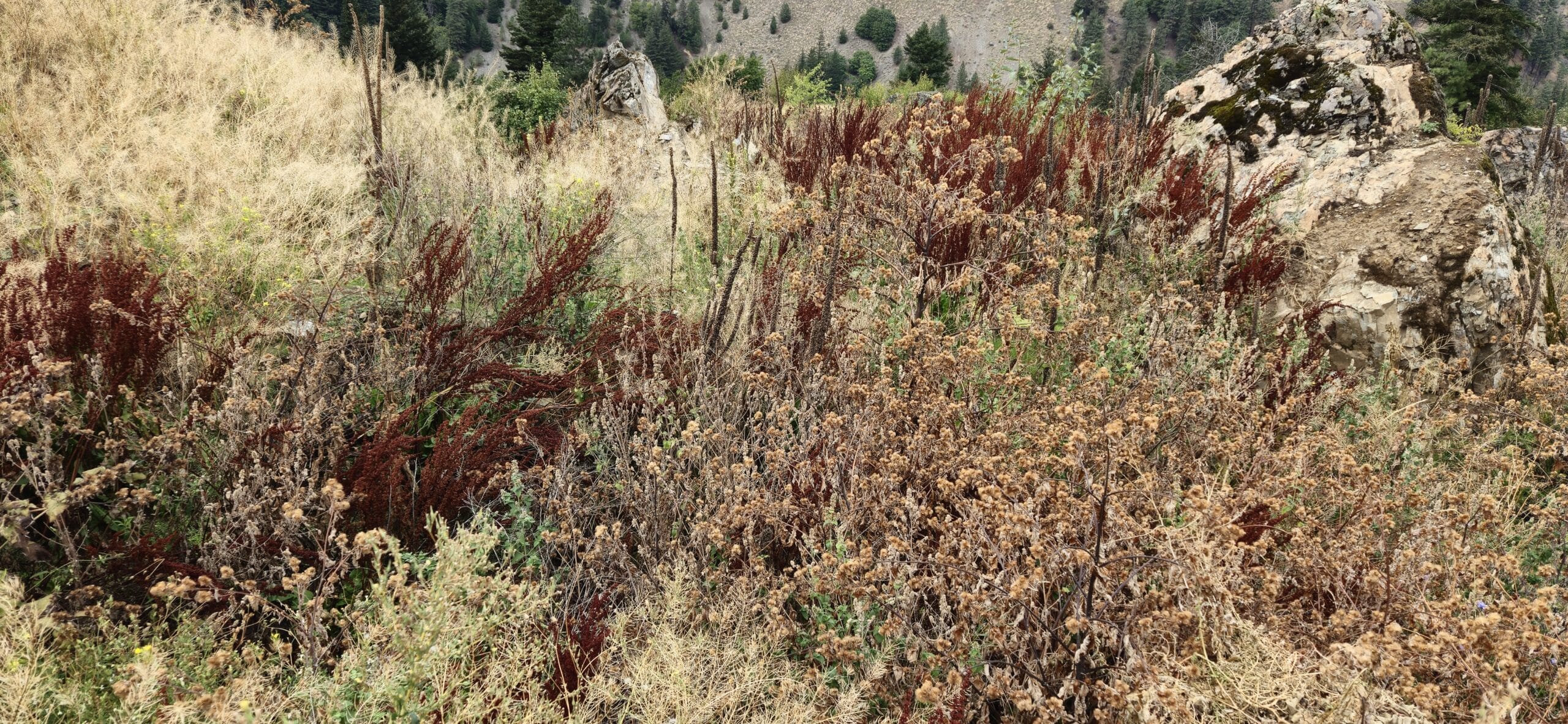Published March 10, 2022
The moth formerly known as the “Gypsy moth” has a new name, and it’s one that removes the derogatory reference to the Romani people. The new common name for the moth species Lymantria dispar dispar is the “Spongy moth”.
This is the first formally adopted name change by the Entomological Society of America (ESA), as part of the Better Common Names Project. The goal of this project is to ensure common names of insects are respectful, inclusive, and descriptive of the organism. This project began with two common names of insects that contain a racial slur to the Romani people – Lymantria dispar dispar and Aphaenogaster araneoides.
The ESA says ‘Spongy moth’ was chosen as it refers to the insect’s sponge-like egg masses. As such, the name describes an aspect of the moth’s biology, aligning with the principles of the Better Common Names Project.
The ESA is committed to communicating these new common names so that their adoption can be widespread. Once the name is changed, only the new common name will be permitted in ESA journals, functions and communications.
ISCBC’s Take on New Names
This is a historic move. At ISCBC, we believe it’s important to challenge the way ‘it has always been done’. It is high time we swap out names that promote racism, lead to cultural stereotyping or support ignorant attitudes. It’s time to trade them for naming conventions that are respectful, inclusive and put the science first. As different societal groups take this kind of initiative, we believe they contribute to a more inclusive global organization, one that fosters a much greater sense of collective belonging.
The Spongy Moth is Serious
Lymantria dispar dispar is native to Europe, Eurasia and North Africa. It is not established in BC but is widely spreading in the Eastern United States and Canada, including the provinces of Ontario, Quebec, New Brunswick, Nova Scotia, and Prince Edward Island. Canadian and US agencies strive to find and eradicate this pest. While Spongy moth populations are found each year in BC, so far the species has not become permanently established.
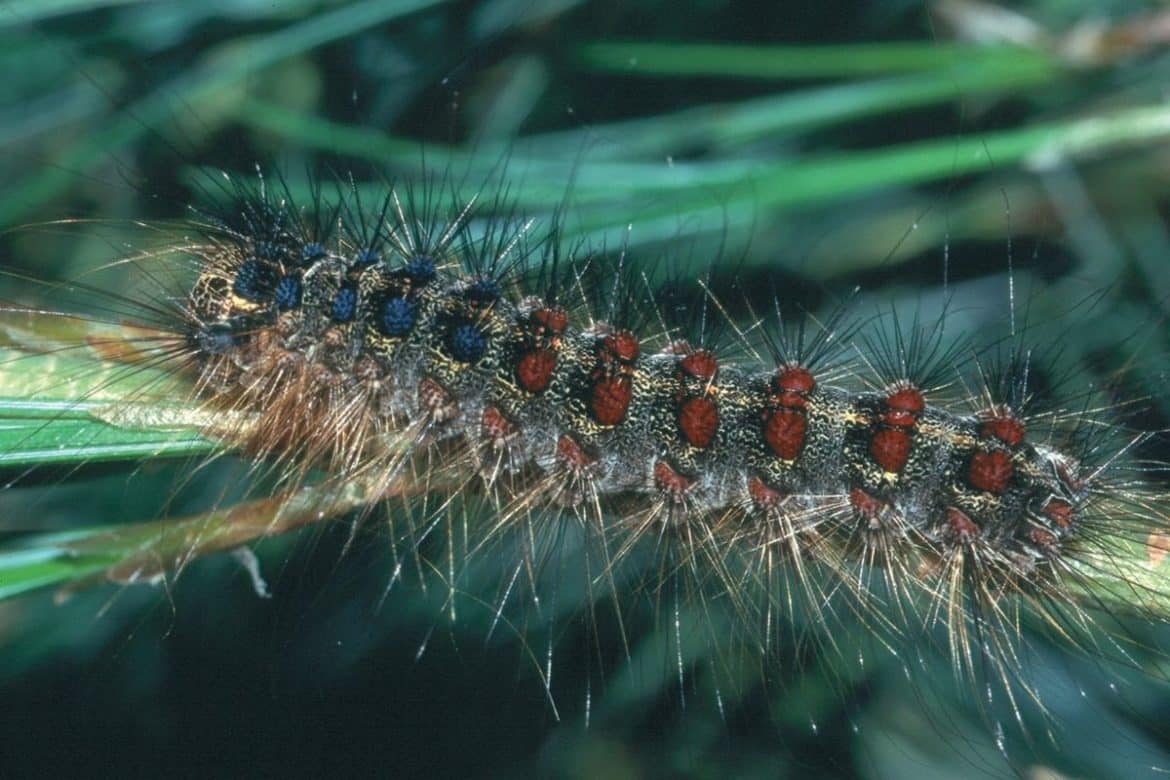
Spongy moth caterpillars have been known to feed on over 300 species of deciduous and coniferous trees. Preferred hosts include maples (Acer spp.), oaks (Quercus spp.), birches (Betula spp.), White pine (Pinus strobus), and White spruce (Picea glaucus). In their invasive range in North America, Spongy moths are known to defoliate entire trees by feeding in large numbers. If they were to establish in BC they would likely cause significant economic damage to our forestry and tree nursery industries, as well as on residential properties.
Additional Links of Interest
- Better Common Names Project, Entomological Society of America. Available online at: https://www.entsoc.org/publications/common-names/better-common-names-project
- Amid protests against racism, scientists move to strip offensive names from journals, prizes, and more. E. Cahan, 2020. Available online at: https://www.science.org/content/article/amid-protests-against-racism-scientists-move-strip-offensive-names-journals-prizes-and
- Fixing a racist common name that I coined. T. McGlynn, 2019. Available online at: https://smallpondscience.com/2019/06/06/fixing-a-racist-common-name-that-i-coined/
- Racism lurks in many plant and animal names. That’s now changing. Science News for Students. J. Chambers, 2021. Available online at: https://www.sciencenewsforstudents.org/article/racism-lurks-plant-animal-names
Share


